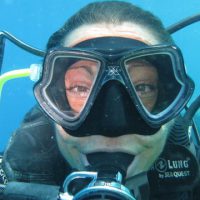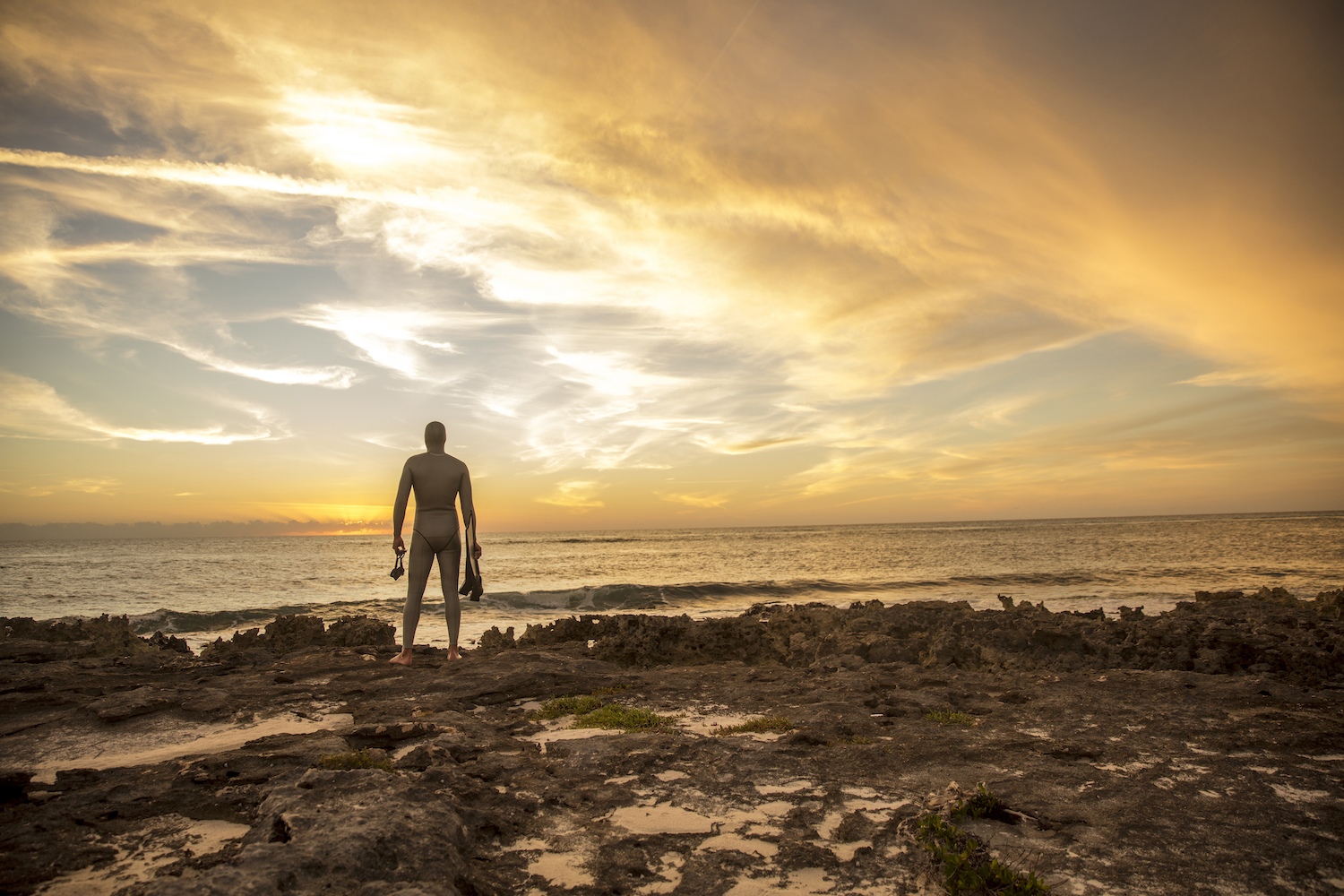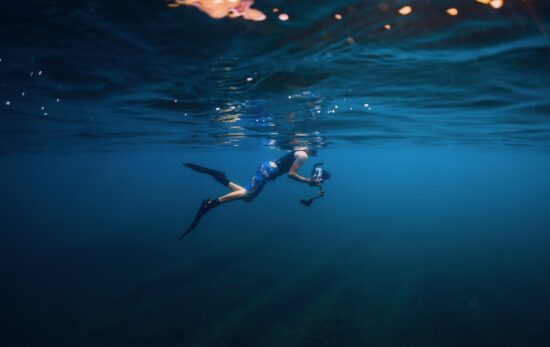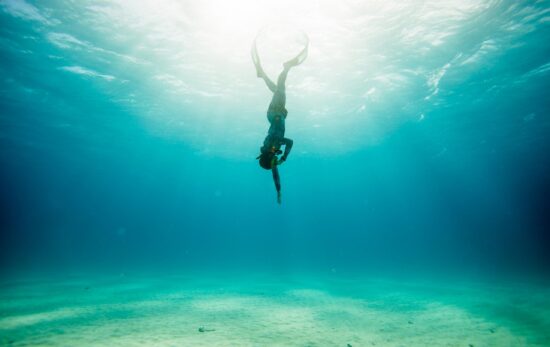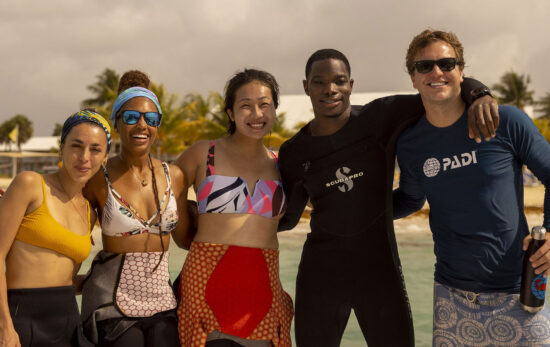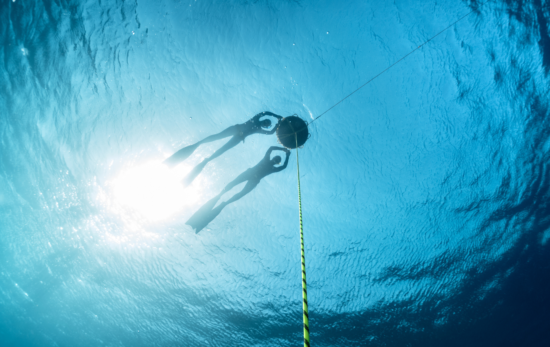Are you considering getting involved in freediving and want to know more about freediver safety? Or are you already a freediver and trying to find safety recommendations? There are plenty of forums and articles online that discuss how to prepare for freediving, but there are surprisingly few about things you should never do after freediving. So to fill the gap, here are 5 things to avoid after you’ve made a freedive.
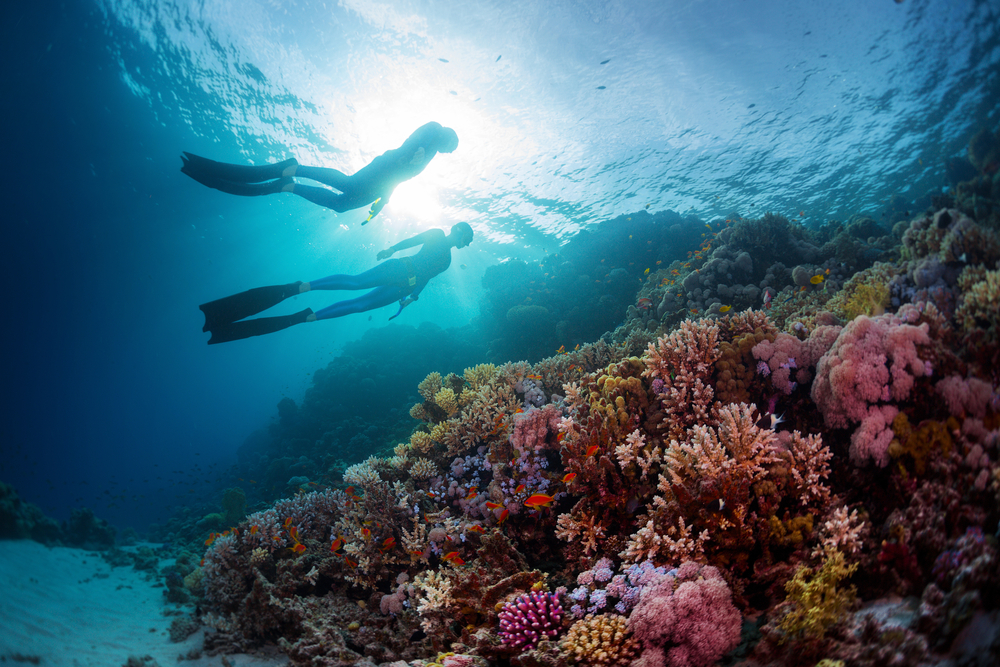
1. Freedive or Assume the Safety Diver Role
Now this may seem a strange one but let’s start with the basics. It’s extremely important not to make a repetitive freedive immediately after a previous freedive. Always allow yourself ample recovery time during a surface interval to restore the balance of gases in the body after your breathhold attempt. During your recovery time note that you can’t fulfill the role of the safety as well. Recovery times vary according to the depth and time of your previous freedive and you will learn how to calculate those recovery times during your PADI Freediver training.
Generally speaking, you should wait at least three times the breathhold before making another dive. However, for dives deeper than 20m/65ft you will also need to keep track of the number of freedives made as there are also maximum numbers of freedives that can be made in one day. If you have completed your maximum allowable number of dives, you should remain out of the water and not freedive again until the following day.
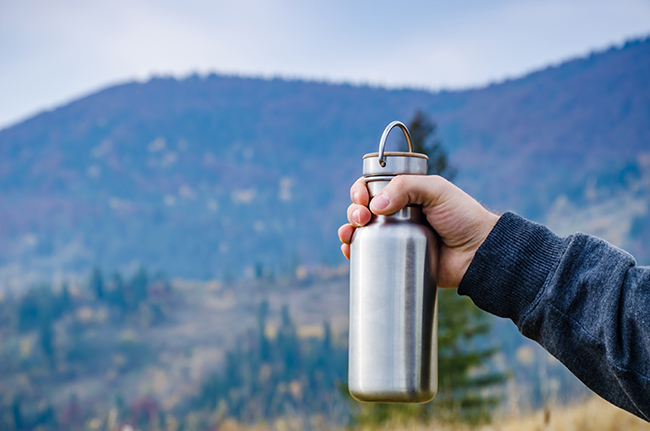
2. Stay Dehydrated
Freedivers can easily become dehydrated through a combination of three factors: Immersion diuresis, sweating in a wetsuit and simply by breathing. Immersion diuresis, part of the mammalian dive reflex, causes you to excrete more fluids in the form of urine than you are usually taking in orally. And if you are warm in your wetsuit then you can also lose fluids through perspiration.Our exhalations also include water vapor and constant breathing in and out through the mouth can cause a lot of water to be lost from the body. The result of these three factors means that a freediver can easily become dehydrated. Because of the increased urination, many freedivers feel that they must be well hydrated, though this is extremely misleading and often the opposite is true.
Dehydration causes the blood to become thicker. This reduction in blood volume in turn reduces breathhold time since the body is now less efficient in transporting red blood cells and removing carbon dioxide. Furthermore, it decreases muscle performance and efficiency and can cause cramping. After freediving your body needs to rest and recover, not work harder. Thicker blood can also cause complications with decompression illness. It is important to be well hydrated prior to a dive and afterward (However, don’t over hydrate either since that can contribute to the risk of lung squeeze.). After freediving avoid becoming dehydrated at all costs. Drink plenty of water and sports drinks can also be useful – it is easy to make your own by adding salt to diluted fruit juice. Also avoid drinking coffee and alcohol as these will only further dehydrate you.

3. Stay Out Late or Exercise Excessively
It’s not unusual to feel physically and mentally tired after freediving. If you are tired, then your mind and body will not function properly. Freediving produces a lot of free radicals due to cells working anaerobically, and it is this which leads to these feelings of tiredness after a freedive session. It’s important to give your body a chance to rest and heal, so avoid late nights or excessive exercise. Reward yourself for your freediving accomplishments with a relaxing day and an early night – your body will thank you for it!
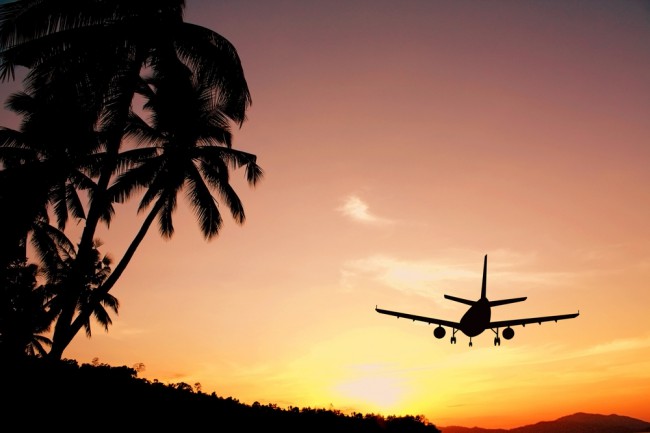
4. Fly
There is little data concerning the effects of flying after freediving. Because of this, it is generally recommended to avoid flying in the period of 18 to 24 hours after making deep freedives. It’s important to remember that the longer the interval between diving and flying, the lower the DCS risk, so if you can wait longer, do wait longer! Many of the world’s best freediving destinations have a lot to explore topside, so why not add an extra day to your trip to explore more on land?!
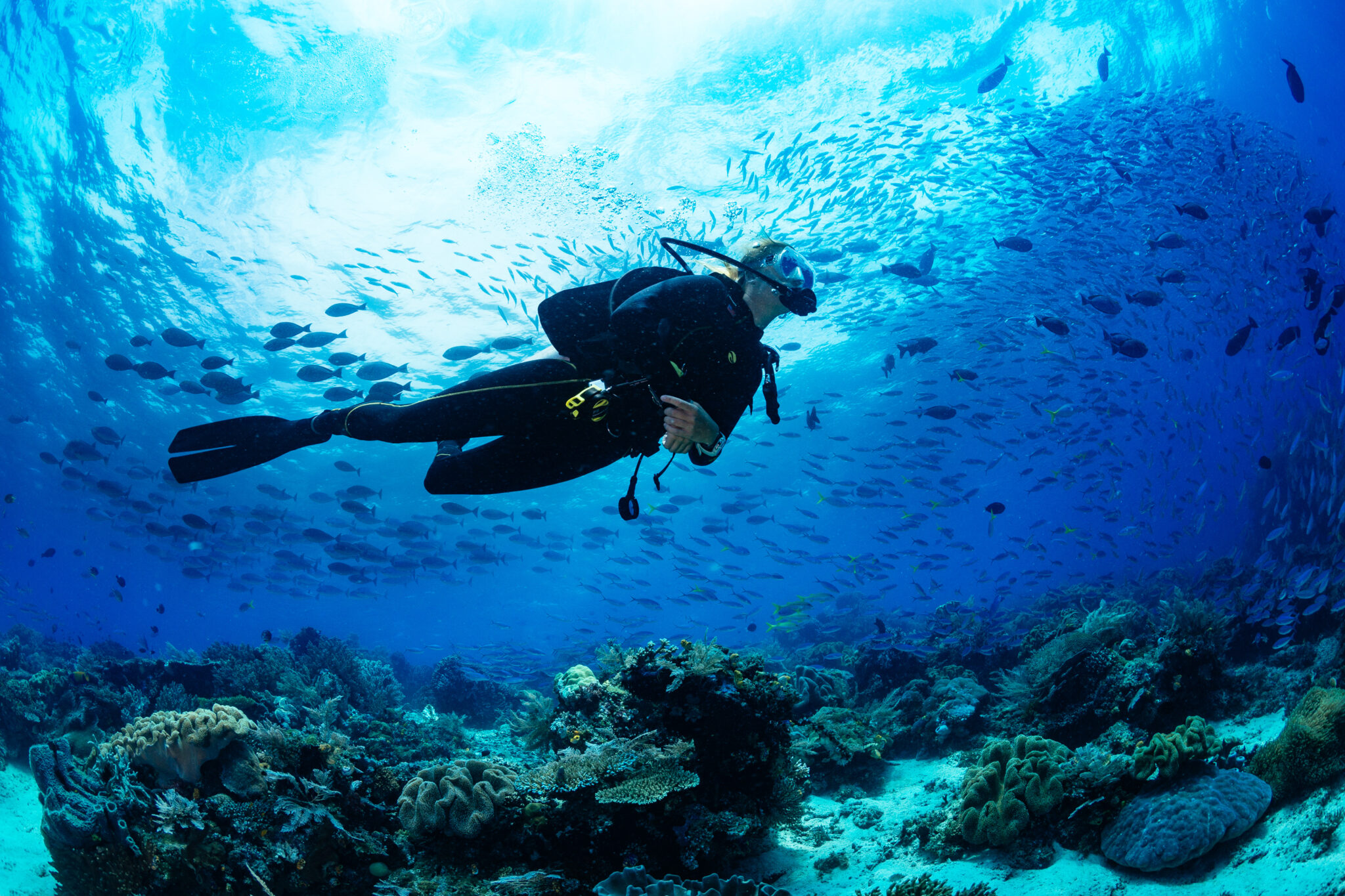
5. Scuba Dive
The last activity we recommend avoiding after freediving is scuba diving. While there is extensive data about the risks of freediving after scuba diving, there is comparatively little regarding scuba diving after freediving.
The current advice for scuba divers is to wait 12 hours before freediving after one scuba dive and 18 hours after deep or repetitive scuba dives. You can also wait for the ‘no-fly’ time on your dive computer to clear. To ensure your own safety, employ the same times and avoid scuba diving for 12 hours after a single freedive and 18 hours after repetitive freedives in the same day or freediving for multiple days.
Are you ready to step up to the challenge of freediving? It’s not only a great way of exploring beneath the waves, it’s also a fun way of staying fit, meeting people and learning more about yourself. To get started, check out the PADI Freediver Course and get inspired by incredible freediving destinations on PADI Travel!
